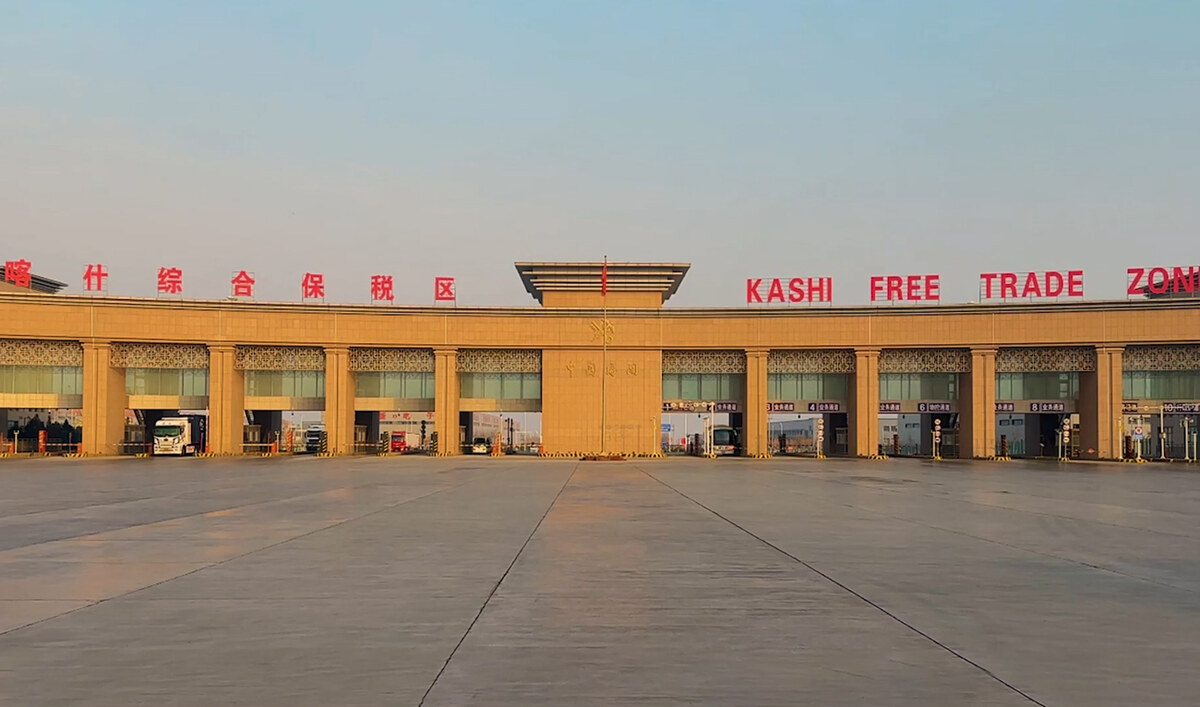ISLAMABAD: Pakistan captain Babar Azam has ended Virat Kohli’s long reign at the top of the MRF Tyres ICC Men’s ODI Player Rankings, becoming only the fourth batsman from his country to attain number one position in the rankings, the International Cricket Council said on Wednesday.
From playing on the streets of Lahore to the top of the world, Azam has officially climbed a peak unreached by any Pakistani since Mohammad Yousuf.
Azam has attained a career high 865 points following a momentous series against South Africa, whom his side defeated 2-1 to grab 20 World Cup Super League points. He now leads Indian captain Kohli by eight points.
“The Pakistan captain has overtaken Virat Kohli to become the No.1 batsman in the latest @MRFWorldwide ICC men’s ODI rankings,” the ICC said on Twitter.
Babar Azam
The Pakistan captain has overtaken Virat Kohli to become the No.1 batsman in the latest @MRFWorldwide ICC men's ODI rankings pic.twitter.com/krxoKRDsSY— ICC (@ICC) April 14, 2021
“Babar, a star of the ICC Under-19 Men’s Cricket World Cups in 2010 and 2012 and who has been playing ODIs since 2015, had started the series against South Africa at 837 rating points but moved up to 858 (ahead of Kohli) after his score of 103 in the first match. He dropped to 852 by the time of the last weekly rankings update with a score of 32 in the second ODI,” ICC said on its website.
“By ending Kohli’s 1,258-day supremacy, Babar has emulated compatriots Zaheer Abbas (1983-84), Javed Miandad (1988-89), and Mohammad Yousuf (2003) as the number one ODI batsman. In Tests, Babar has attained a best of fifth position and is currently ranked sixth while in T20Is he is third but has been number one in the past.”
Responding to his new achievement, Azam said he felt “privileged and honored” to have joined the company of the shining stars of Pakistani cricket like Zaheer Abbas, Javed Miandad and Mohammad Yousuf.
“This is another milestone in my career, which will now require even more hard work and absolute consistency with the bat in order for me to hold on to the ranking for an extended period of time, like Sir Vivian Richards from January 1984 to October 1988 and Virat Kohli for 1,258 days,” Azam said.
“I have also previously topped the T20I rankings, but the ultimate ambition and goal is to lead the Test rankings, which are the real testament and reward to a batsman’s calibre, reputation and skills. I understand to achieve this objective, I will not only have to perform consistently, but more importantly, against the top sides.
“I am looking forward to this challenge and remain confident I will be able to accomplish this target with the support of my team-mates and coaching staff. But at this stage, I will savour the moment as it has come almost 18 months after I was first appointed the white-ball captain and that too at the back of my performances that helped Pakistan become the first Asian side to win two ODI series in South Africa,” Azam said.
By 12, Azam was playing serious tape-ball cricket and at age 14 he had his first meaningful taste of failure in the sport as he was rejected from the national academy. It was only a setback, the ICC said, as a year later he would gain entry and be declared the country’s best Under-15 batsman.
By age 15 he had made his List A debut and by 16 he was a first-class cricketer for ZTBL. By the time he received his first ODI cap he already had six centuries and more than 2,000 List A runs at an average of 47.88 to his name.
“Nowadays, Azam’s place among ODI cricket’s finest players is unquestionable. An average of 56.83 and 13 centuries across just 80 matches will do that sort of thing,” the ICC said.
By September 2018 Azam passed 2,000 runs in ODI cricket, reaching the milestone in just 45 innings. Only one player has ever gotten there quicker and that is South African great Hashim Amla. Amla took just 40 innings.
In the 2019 ICC Cricket World Cup, Azam made history, scoring 474 runs at 67.61 to break Javed Miandad’s 1992 record for the most runs by a Pakistan batsman in a Cricket World Cup campaign.
“Still only 26 years old, Azam’s best years are still ahead of him,” the ICC said. “Given he boasts the third greatest ODI average (56.83) in history right now, that is a scary thought for opposition teams all around the world.”






















